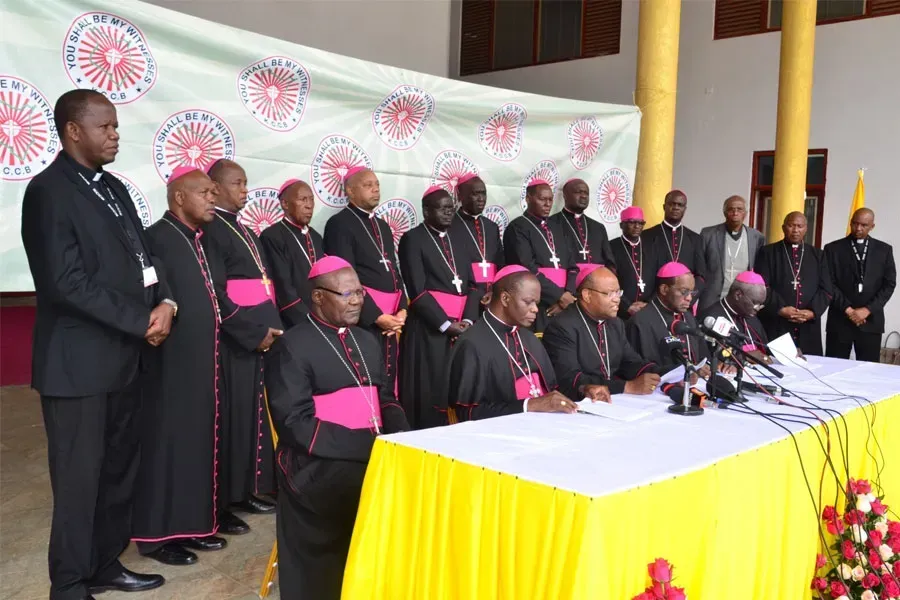Nairobi, 20 December, 2023 / 9:30 pm (ACI Africa).
Catholic Bishops in Kenya have defended Fiducia Supplicans, the Vatican declaration on the possibility of blessing “same-sex couples” and couples in other “irregular situations”, which the Dicastery for the Doctrine of Faith (DDF) released on Monday, December 18.
In a three-page statement dated Wednesday, December 20, members of the Kenya Conference of Catholic Bishops (KCCB) say they “seek in a brief way to explain and clarify the meaning of this document and intention of the Holy Father Pope Francis.”
“This declaration does not in any way approve of ‘Same-sex Marriages’ nor try to give a back-door recognition of such a union. It does not seek an alternative ‘union blessing’ to substitute a Sacramental marriage,” KCCB members say.
They add, “This Document does not change in any way the understanding of Marriage as a Sacrament in the Church, an indissoluble union between a man and a woman, for life.”
“The social situation of Same-sex marriages does not find acceptance in our culture,” Catholic Bishops in Kenya say in the statement that their chairman, Archbishop Martin Kivuva Musonde of Mombasa Archdiocese, signed, adding that Fiducia Supplicans explains the scope of blessings, including “simple blessings that are not given in a liturgical setting.”








